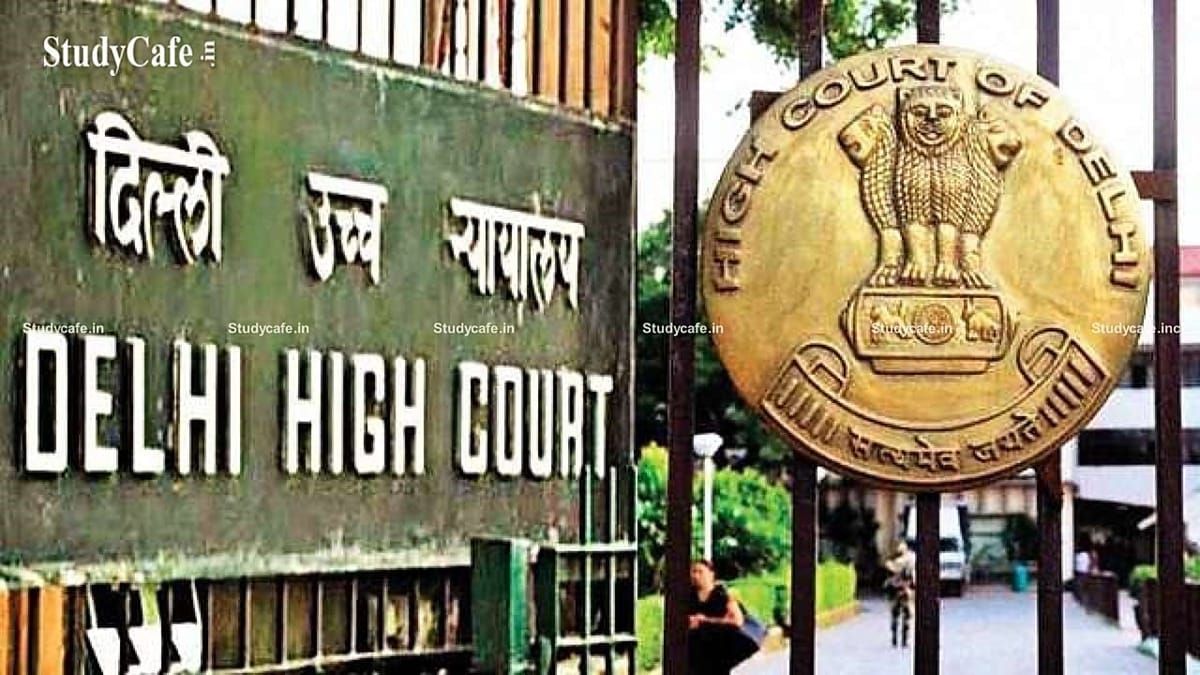New Excise Policy: The Delhi High Court is seeking the Delhi government’s position on the formation of a committee to identify conforming and non-conforming wards
Nilisha | Apr 2, 2022 |

New Excise Policy: The Delhi High Court is seeking the Delhi government’s position on the formation of a committee to identify conforming and non-conforming wards
The Delhi High Court has sought the Delhi Government’s position on the formation of a committee to identify confirming and non-conforming wards, based not only on the restrictions that flow from the statutory rules or bye-laws framed by respective Municipal Corporations but also on the locational restrictions imposed in terms of the policy itself, in relation to the new Excise Policy 2021-22. The matter was instigated under the case of JSN INFRATECH LLP v. GOVERNMENT OF NCT OF DELHI & ORS. and other connected matters.
The aforementioned Committee, according to Justice Yashwant Varma, could include representatives from the Department of Excise, the four Municipal Corporations, the DDA, and other stakeholders as deemed fit by the Delhi Government.
It was also suggested that the committee be tasked with dealing with any representations presented by licensees alleging non-conforming wards, as well as the reception of statements from licensees who disagree with the inclusion of particular wards in the list of conforming zones.
The Court added that “The committee, which the Government is being asked to consider forming, would be required to compile a list of conforming and non-conforming wards and locations within them, based not only on the restrictions imposed by the respective Municipal Corporations’ statutory rules or bye-laws but also on the locational restrictions imposed by the policy itself”.
As a result, the Court instructed the counsels representing the Delhi government to take suitable instructions and to relay the request to the Lt. Governor to consider the formation of such an adequate committee along the lines suggested by the Court.
The Court was considering a number of petitions contesting the legality of a circular issued by the Delhi government on November 17, 2021, purporting to apply the Excise Policy for the years 2021-2022.
The issue developed in response to the petitioners’ inability to open retail vending machines in “non-conforming” regions. Senior Counsels representing the petitioners said that the policy’s underlying thread was based on the claimed goal of ensuring fair distribution of liquor vends throughout all wards, with a concentration on unserved and underserved areas.
It was also claimed that, despite the fact that the 272 wards were separated into 30 zones, licensees were required to open at least two vends in each of the 30 zones.
It was further claimed that the Government had definitely said that liquor vends would be constructed in all places, including those that may have been non-conforming, and that the petitioners had structured and submitted their bids based on these promises and assurances.
The Delhi Government, on the other hand, argued that the terms and conditions under which offers were solicited made no assurance or guarantee to the petitioners that they would be able to establish retail vending machines even in non-conforming areas.
It was contended that the government had simply stated that it would assist licensees in the establishment of liquor vending machines. It was also said that the government had never promised that the establishment of retail vending machines would be permitted without first obtaining the necessary clearances and permissions from the appropriate Municipal Corporations or the DDA.
The Court stated at the outset, “It is also important to note that, in addition to any restrictions on the establishment of a retail vend that may be imposed by individual Municipal Corporations’ rules or relevant bye-laws, the policy itself imposes various restrictions on the location of liquor vends”.
As a result, the Court decided that, in order to put an end to the dispute, it would be appropriate to ask the Delhi government to consider forming a committee to investigate the factual situation in various wards and the localities that make up those wards, so that an authoritative list of conforming and non-conforming wards could be prepared after due verification.
The Court stated that “Identifying non-confirming wards would allow the Court to rule on the rival submissions addressed as well as consider any final directions that may be needed”.
The Court further stated that the complete process for identifying conforming and non-conforming wards would eventually result in an authoritative list for the Court’s consideration, on which the legal concerns addressed may be settled.
The case will now be heard today, according to the schedule at the top of the board.
In case of any Doubt regarding Membership you can mail us at [email protected]
Join Studycafe's WhatsApp Group or Telegram Channel for Latest Updates on Government Job, Sarkari Naukri, Private Jobs, Income Tax, GST, Companies Act, Judgements and CA, CS, ICWA, and MUCH MORE!"